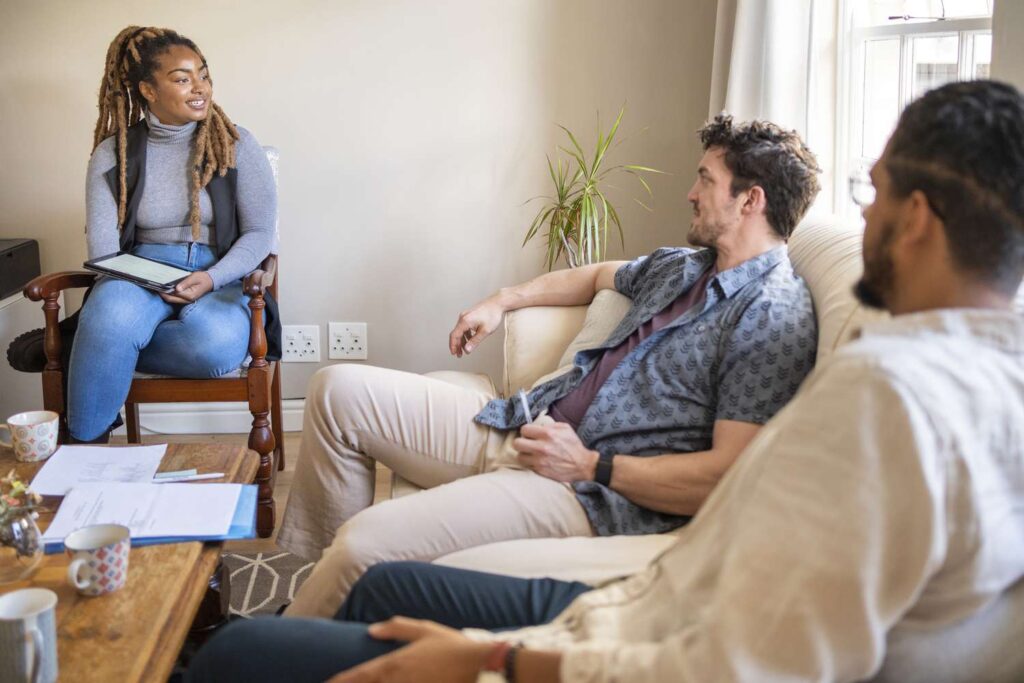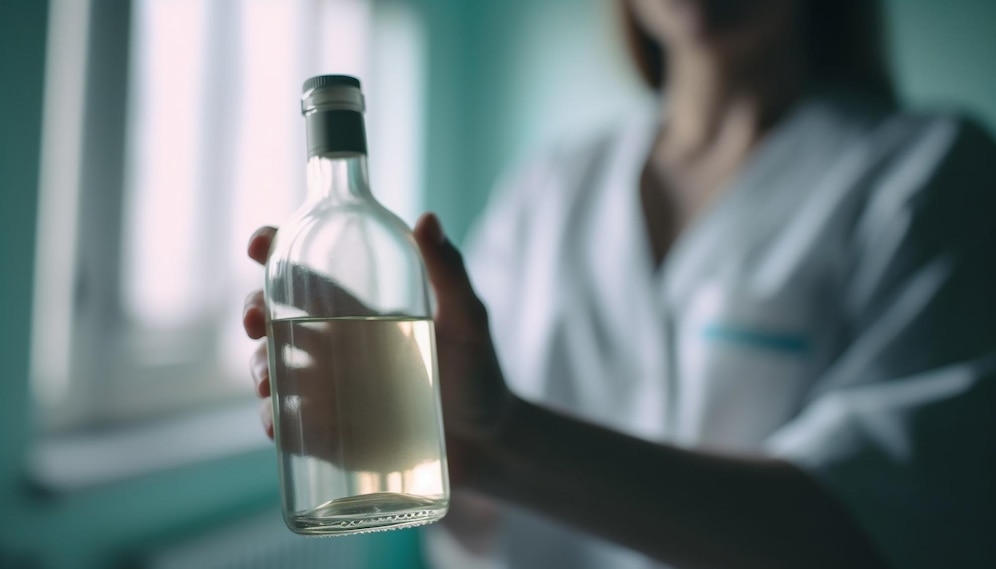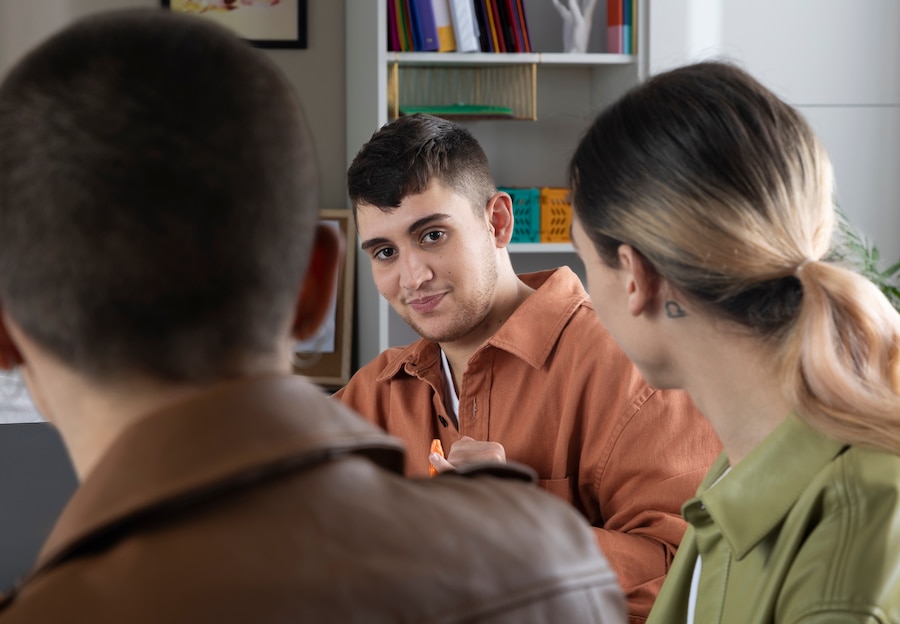GEHA Coverage for Drug Rehab in Baltimore: A Comprehensive Guide for Couples
Addiction can place immense strain on couples, often tearing relationships apart as both partners struggle with substance abuse. Fortunately, specialized drug rehabilitation centers, like Couples Rehab in Baltimore, offer treatment plans tailored to help couples recover together. Understanding how to cover the cost of rehab is crucial for many, and this is where General Electric Health Assurance (GEHA) coverage plays a significant role.
GEHA is a Federal Employees Health Benefits (FEHB) program that offers comprehensive health insurance, including mental health and substance abuse treatment. This article will explore how GEHA coverage can support couples seeking drug rehab in Baltimore, whether inpatient or outpatient treatment, and the importance of addressing addiction within relationships.
Understanding GEHA Coverage for Drug Rehab
GEHA, which serves federal employees and their families, is one of the most trusted providers when it comes to mental health and substance abuse services. For couples seeking drug rehab in Baltimore, knowing what GEHA covers can ease the financial burden of treatment.
GEHA Mental Health and Substance Use Benefits
GEHA offers several insurance plans, including High Option, Standard Option, and Elevate, each providing various levels of coverage for drug rehab services. These plans typically cover:
- Inpatient treatment: This includes detox, residential rehabilitation, and long-term care.
- Outpatient treatment: Partial hospitalization programs (PHP), intensive outpatient programs (IOP), and counseling services.
- Medication-assisted treatment (MAT): For addiction recovery involving medications like methadone, buprenorphine, or naltrexone.
- Behavioral health services: Therapy sessions for individuals and couples, helping them work through addiction-related relationship issues.
Inpatient vs. Outpatient Treatment: What Does GEHA Cover?
When choosing between inpatient and outpatient programs, understanding your insurance coverage is crucial. GEHA’s coverage differs based on the type of treatment, so it’s important to choose a plan that fits your specific rehab needs.
- Inpatient treatment: Typically, inpatient programs are more expensive, as they include 24-hour medical supervision, room and board, and intensive therapies. However, GEHA offers significant coverage for inpatient rehab, including both short-term and long-term care.
- Outpatient treatment: For those looking to balance recovery with daily life, GEHA covers outpatient programs like IOP and PHP. These programs allow couples to live at home while attending therapy and treatment sessions during the day.
GEHA Preauthorization and Eligibility Requirements
Before enrolling in a rehab program, it’s essential to understand the requirements for GEHA coverage. Most rehab centers will require preauthorization from your GEHA plan. This means you’ll need to get approval before treatment to ensure that the services will be covered.
Also, ensure that the facility is in-network, as GEHA may provide better coverage for in-network rehab centers in Baltimore, such as Couples Rehab.
Couples Rehab: Treating Addiction Together
Recovering as a couple brings unique challenges, but it can also enhance long-term success. Couples Rehab programs are designed to treat both partners in a relationship simultaneously, addressing not only their individual addiction issues but also the relationship dynamics that contribute to substance abuse.
The Benefits of Couples Rehab
- Strengthening Communication: Addiction often leads to breakdowns in communication. Couples rehab helps partners rebuild trust through therapy and communication-focused treatments.
- Improved Accountability: By entering treatment together, couples can hold each other accountable for their progress, making it more difficult to relapse.
- Addressing Relationship-Specific Issues: Addiction doesn’t happen in a vacuum. Couples therapy in rehab addresses the issues that arise from codependency, enabling both partners to support each other without enabling destructive behaviors.
- Holistic Treatment: Many couples rehab centers offer holistic treatment approaches, integrating physical, emotional, and spiritual healing into the recovery process. These might include yoga, meditation, and art therapy.
Inpatient and Outpatient Options for Couples Rehab
Whether you and your partner choose inpatient rehab or outpatient treatment, GEHA can cover many aspects of the program.
- Inpatient Couples Rehab: Inpatient treatment offers a structured environment where both partners can focus on their recovery. This option is ideal for couples dealing with severe addiction, where medical supervision and intensive therapy are needed. GEHA’s inpatient rehab coverage ensures that couples receive comprehensive care, including detox, behavioral therapies, and aftercare planning.
- Outpatient Couples Rehab: Outpatient treatment may be better suited for couples who have family or work obligations but still require professional help. These programs allow couples to attend therapy during the day while maintaining their daily responsibilities. GEHA’s outpatient coverage includes therapy sessions, group counseling, and sometimes medication-assisted treatment (MAT).

GEHA and Addiction Treatment Services in Baltimore
Baltimore has a wide range of drug rehab centers, making it easier for couples to find the care they need. Couples Rehab in Baltimore is designed to help partners address addiction together, but understanding how to use your GEHA benefits effectively can make the difference between starting treatment immediately or facing delays.
GEHA Coverage for Baltimore-Based Rehab Centers
GEHA has an extensive network of rehab centers in Baltimore that accept its insurance plans. Couples should prioritize rehab centers that are in-network to minimize out-of-pocket costs. Some key services to look for when using GEHA for rehab include:
- Detox services: For couples starting the journey, detox is the first and often most challenging step. GEHA typically covers detox services, which may be part of inpatient treatment.
- Behavioral health services: Both inpatient and outpatient programs will include individual and couples therapy. GEHA’s coverage for these services allows couples to work on emotional and psychological aspects of addiction recovery.
- Aftercare programs: Once couples complete primary treatment, GEHA may cover continued support through aftercare services like sober living, ongoing therapy, or alumni programs.
Finding the Right Rehab Facility in Baltimore
It’s important to select a rehab center that aligns with your GEHA coverage. Couples Rehab in Baltimore, for example, works with GEHA and provides specialized care for couples. To find a GEHA-approved rehab facility, it’s a good idea to:
- Check GEHA’s list of in-network providers
- Contact the rehab center directly to confirm that they accept your plan
- Work with GEHA to determine which aspects of your treatment will be covered
How to Maximize Your GEHA Coverage
Navigating health insurance can be overwhelming, especially when dealing with addiction recovery. Here are some tips for making the most of your GEHA coverage when seeking drug rehab in Baltimore.
1. Verify Your Coverage Before Enrolling
Before committing to a rehab program, check with both GEHA and the rehab center to verify which services will be covered. Preauthorization may be required for inpatient stays and some outpatient services.
2. Stay In-Network
Choose an in-network facility to ensure maximum coverage and avoid unnecessary out-of-pocket expenses. In-network providers will have agreements with GEHA that ensure your care is fully or mostly covered.
3. Utilize Preventive Services
Many GEHA plans offer preventive mental health services that can be used before addiction spirals out of control. Couples can take advantage of counseling services covered by GEHA to address relationship and mental health issues early.
4. Understand Your Co-Pay and Deductible
Different GEHA plans have varying co-pays and deductibles. Make sure you understand these details so you can budget accordingly. GEHA typically covers a large percentage of rehab costs after the deductible is met.
Addressing Couples Addiction with Comprehensive Care
Drug addiction affects not only the individuals but also the dynamics within a relationship. By addressing addiction together, couples can heal more effectively and learn how to support each other in sobriety. The combination of couples therapy, individual treatment, and relationship counseling plays a crucial role in long-term recovery.
The Importance of Therapy for Couples
- Individual Therapy: Addiction is deeply personal, and each partner must address their underlying issues. Individual therapy provides a safe space to explore these issues.
- Couples Counseling: This therapy focuses on rebuilding the relationship, improving communication, and eliminating the triggers that lead to substance abuse.
- Support Groups: Many couples in rehab benefit from participating in support groups, such as Narcotics Anonymous (NA) or Alcoholics Anonymous (AA). These groups provide community support and shared experiences that can aid in the recovery process.
Conclusion
For couples battling addiction in Baltimore, accessing the right drug rehab can be life-changing. With the comprehensive coverage provided by GEHA, many of the financial burdens of drug rehab can be alleviated, allowing couples to focus on healing together. Whether you choose inpatient or outpatient treatment, Couples Rehab provides the support and therapy needed to overcome addiction and rebuild your relationship. By utilizing your GEHA benefits effectively, you can start your recovery journey today.
For more information about Couples Rehab and how to utilize your GEHA coverage for drug rehab in Baltimore, contact a qualified treatment center.




















Recent Comments